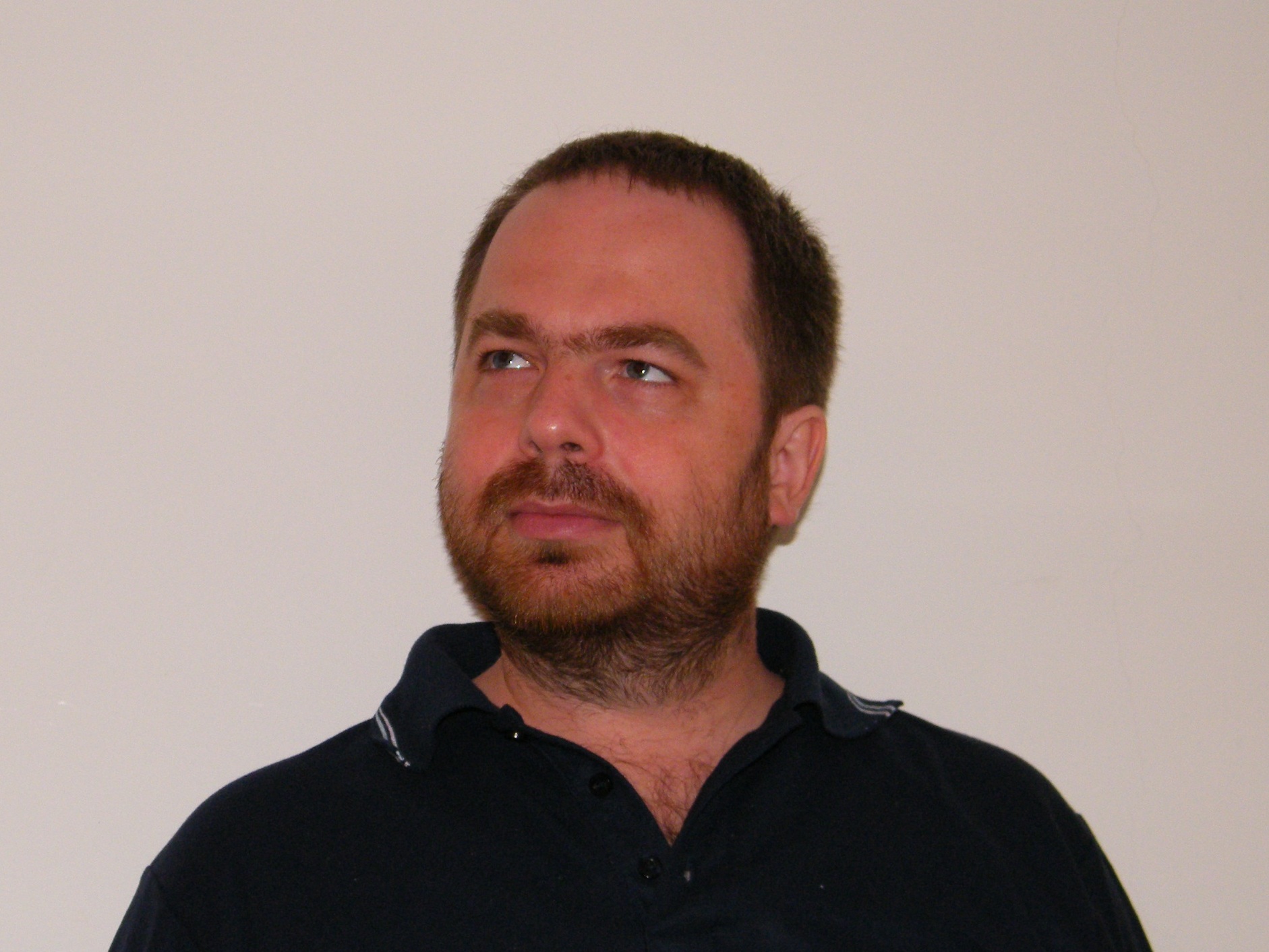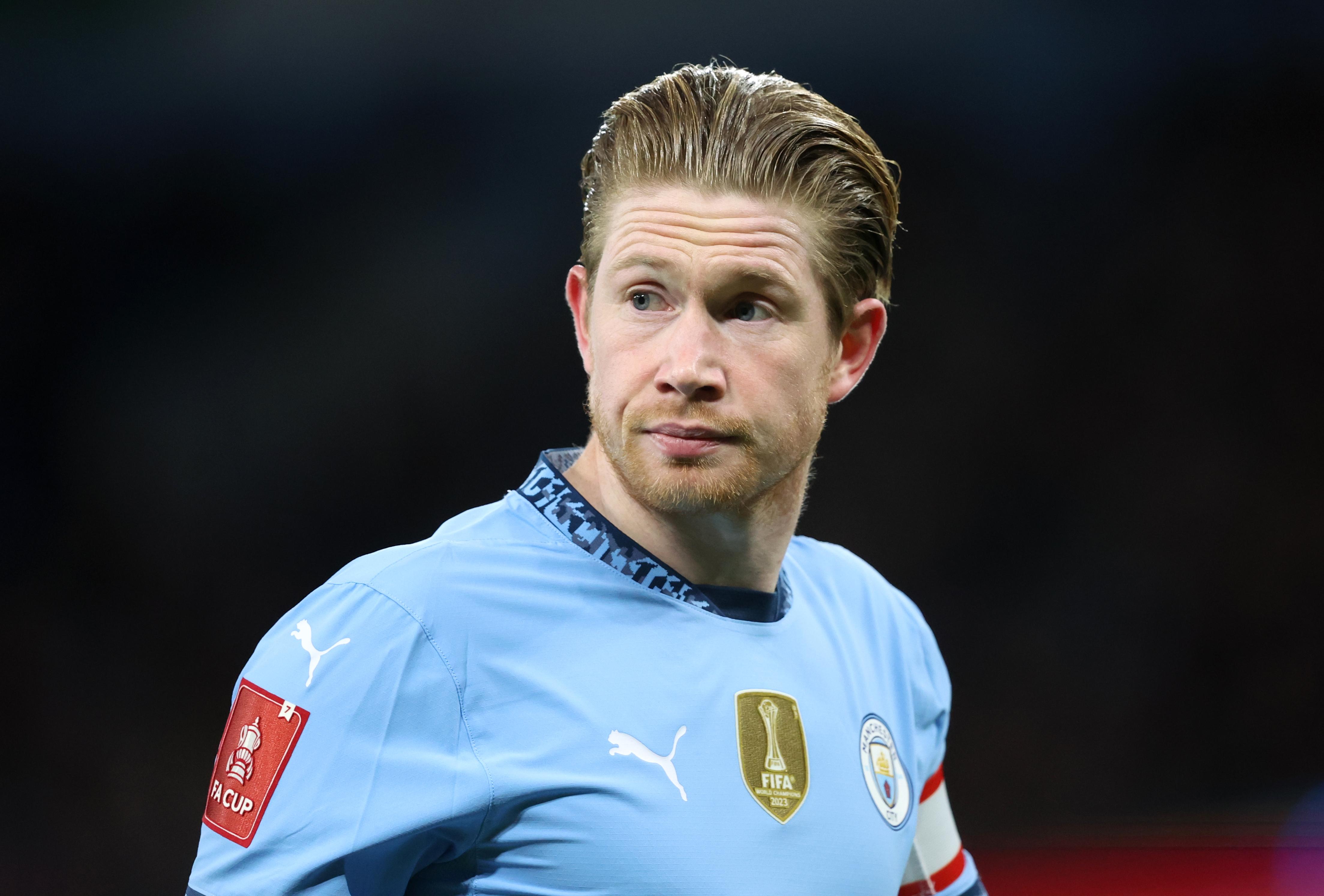How Chelsea new boy Thiago Silva almost died in Russia
Before his rise as one of the world's great defenders, his career – and life – was nearly over. Big moments like this will always take the Brazilian back to his brush with death, as Michael Yokhin explains
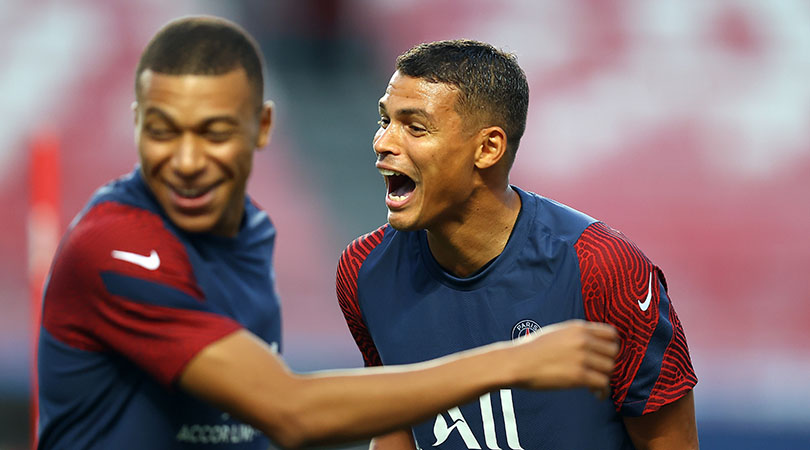
Thiago Silva is in the throes of a brilliant comeback, having joined upwardly mobile Chelsea on a free transfer at the age of 35 – but he will never be able to forget the worst days of his life
Fifteen years ago, the Brazilian star nearly died of tuberculosis in a Moscow hospital, and was rescued by Russian doctors. He spent nearly six months alone in a room, fearful that he wouldn't ever be able to play football again. It could have been much worse.
You might wonder how Silva found himself in Moscow in 2005 in the first place. The answer is simple, even though few remember that he was signed by Dinamo Moscow from Porto in January of that year.
The then-20-year-old defender was virtually anonymous at the time, and hadn't played a single minute for the Portuguese giants, instead turning out for their reserves in the second division. But agent Jorge Mendes recommended him as a rising star, and the Russian club readily paid €4m.
REVEALED Which teams have the easiest – and hardest – starts to the 2020/21 Premier League season?
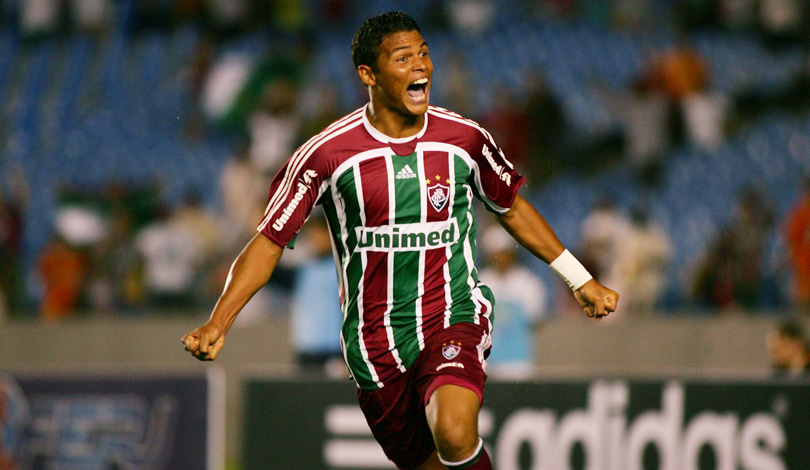
In fact, the Brazilian youngster was just a tiny part of a huge project. Dinamo's new president Alexei Fedorychev wanted to take the league by storm, Mendes wanted to sell as many players as possible, and thus the Moscovites acquired no fewer than seven players from Portugal in January 2005 – then five more in the summer. Among them were some big names – midfielder Costinha and Brazilian striker Derlei, who were instrumental in winning the Champions League with Porto in 2004, as well as Greek Euro 2004 champion Georgios Seitaridis.
A lesser-known figure was goalkeeper Nuno; these days, Wolves' manager and continuing a very long and fruitful cooperation with Mendes.
Get FourFourTwo Newsletter
The best features, fun and footballing quizzes, straight to your inbox every week.
The only player to succeed in Russia was Portugal's Danny, who became a legend at Zenit. All of the others failed miserably, and some had serious attitude issues that ruined the ambitions Dinamo project.
As for Silva, Dinamo fans didn't hear his name at all – he never actually played for the club.
That could have been different. Oleg Romantsev, the famous former Spartak and Russia coach who is considered one of the finest specialists in the country, was chosen to coach the Portuguese colony by Fedorychev, and was mightily impressed by the defender during his first training session. "The guy is brilliant," Romantsev remarked afterwards. The doctor was less delighted, because Thiago tired quickly.
It turned out that all of the players were signed without undergoing medical checks, and the Brazilian looked sick. The symptoms didn't go away: high temperature, coughing, sweating. At first, the medical team assumed it was just a heavy cold. A few days later, they became truly worried and sent him for thorough checks in the clinic.
The results were frightening: Thiago was ill with tuberculosis, and suffered for around nine months. "If the disease had been discovered a couple of weeks later, you would have died," the doctor told the Brazilian in hospital.
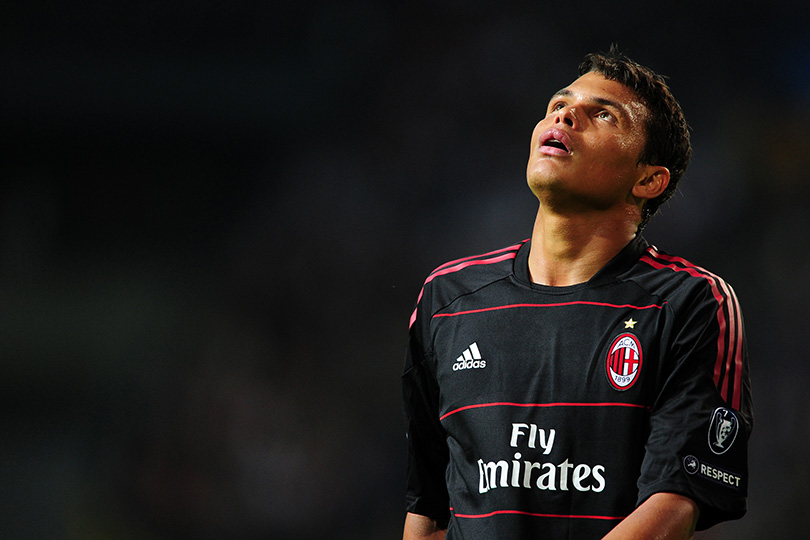
Death indeed seemed a possibility at one stage. The end of the defender's career was much more likely, though, because the medical staff advised that most of his right lung should be cut out in order to improve chances of survival. Thiago refused, but spending time at the hospital was extremely tough. His mood improved when his parents and girlfriend arrived and practically lived with him in Moscow.
Dinamo paid all the bills, but never counted on the player. His contract was ripped up when he was out of the hospital, and the defender duly returned to his homeland. He decided to quit football, only to be persuaded to continue by his mother.
It took time, but Silva managed to regain his self-confidence and become a key player at Fluminense. Eventually, it turned out that Romantsev was absolutely right about him – Silva was brilliant. After moving to Milan in 2009, he gradually became one of the top players in the world in his position, and was even compared by some to the great Franco Baresi.
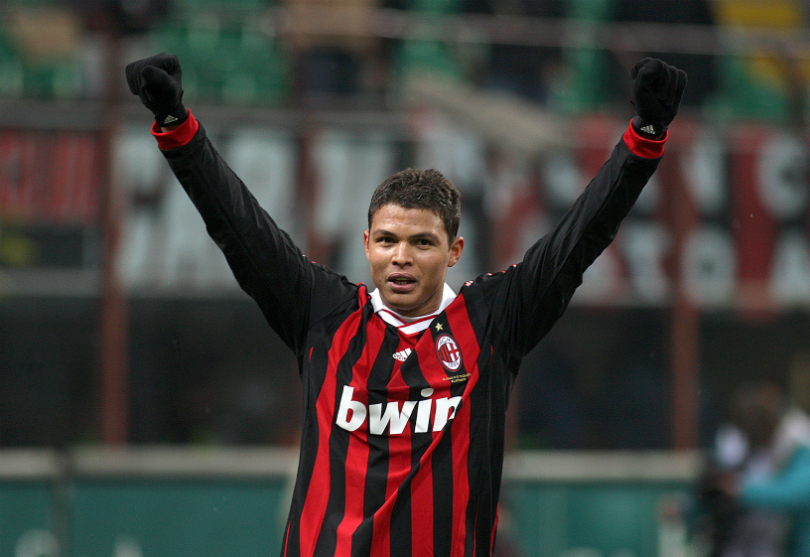
The Brazilian was supreme when Milan won the Serie A title in 2011, and fans were heartbroken when the club sold him to Paris Saint-Germain for €42m a year later.
At first, the move turned out to be rather unfortunate for him, too. Granted, titles weren't a problem in France, but his image took a hit – not least after his performance during March 2017's infamous 6-1 win for Barcelona in the Champions League.
It was the same with Brazil, too. The home World Cup in 2014 should have been his tournament, especially as captain – but the reality was different. Silva was criticised after refusing to take a penalty in the shootout against Chile in the last 16, then needlessly booked in the quarter-finals against Colombia, picking up a suspension for the semi-finals against Germany. The Seleção were thrashed 7-1 in one of the most astonishing results of all time.
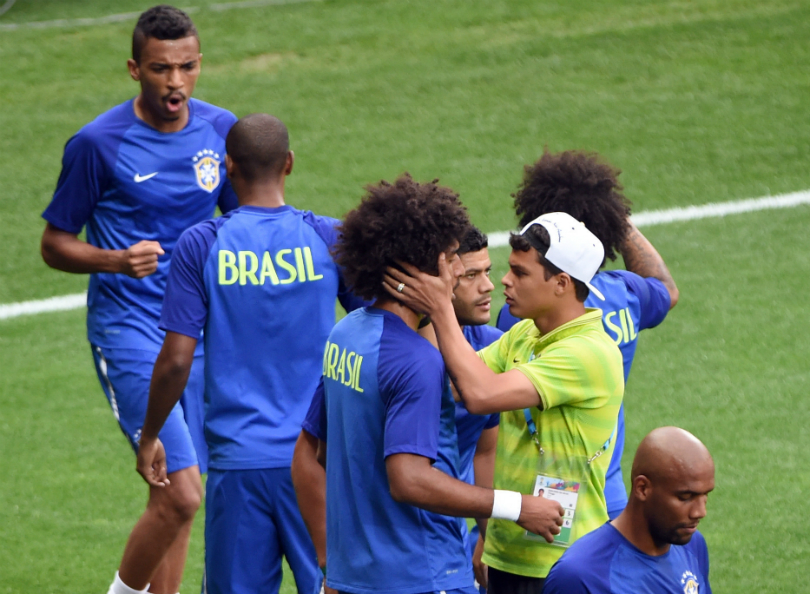
But fate tends to work in curious ways. After a brilliant rebirth at PSG – just the 18 major trophies by the time of his departure – Silva was hot property again this summer despite his advancing years. He would have dearly loved to end his time in Paris with Champions League victory, but Bayern Munich made sure that was one dream too far.
As he arrives at Stamford Bridge to join Chelsea's youthful revolution, it's a good time to reflect and put things into perspective. The Brazilian could have died in 2005, but has instead enjoyed a terrific career – and one that's far from over just yet.
While you’re here, why not subscribe to the mag - get your first five issues for just £5, almost £25 cheaper than buying it in the shops!
NOW READ...
FPL 100 excellent (and awful) names for your team this season
LIONEL MESSI LEAVING BARCA How the perfect football relationship broke down
GUIDE Premier League live stream best VPN: how to watch every game from anywhere in the world
Michael Yokhin is a European football writer. In addition to FourFourTwo, he wrote for Guardian, BBC, ESPN, Blizzard, New York Times, Independent, 11Freunde, Josimar and others. He takes keen interest in leagues, teams and players that might be a bit out of the main focus in the mainstream media, and loves football history as well.
